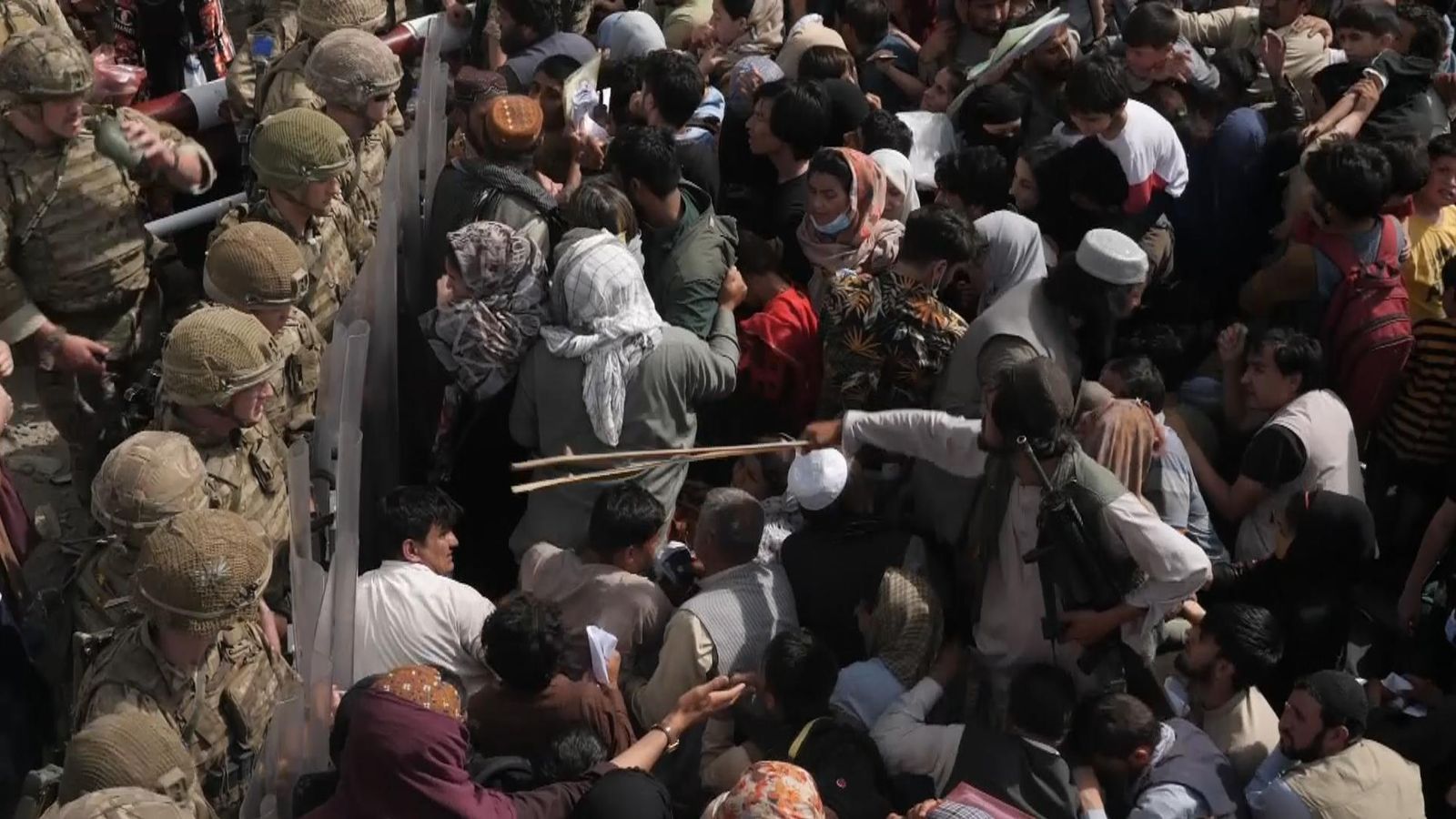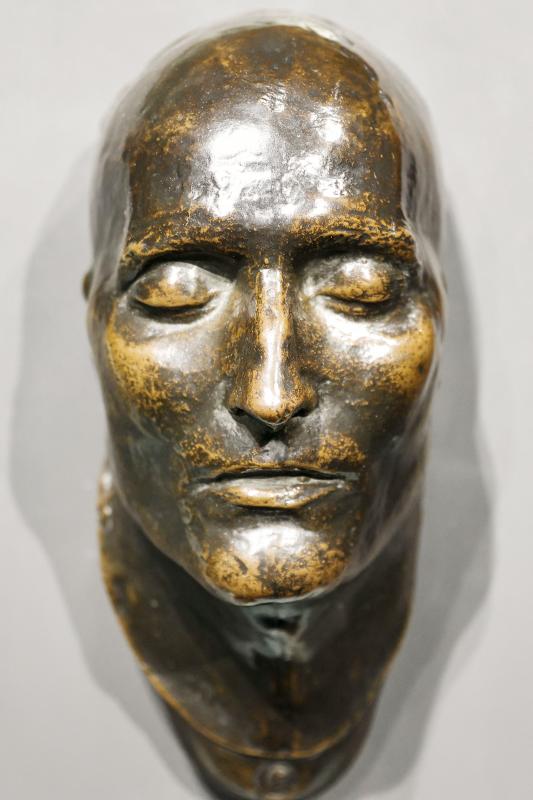
Did Camp David Doom the Palestinians?
The Camp David Accords have long been hailed as a preeminent example of U.S. diplomacy at its best—a landmark agreement that produced the framework for the Egyptian-Israeli peace treaty, as well as the guidelines for an interim period of Palestinian self-rule and for future final-status negotiations that Washington hoped would resolve the Israeli-Palestinian conflict. Seth Anziska’s new book, Preventing Palestine: A Political History From Camp David to Oslo, tells a very different story. Rather than celebrating the Camp David Accords, he portrays them as largely responsible for denying the Palestinians self-determination and statehood.
Aside from challenging the conventional wisdom about the Camp David Accords, the author’s personal story is bound to increase interest in the book. He was raised as an Orthodox Jew in the United States and traveled to Israel to study at a religious school known as a yeshiva during his year between high school and college. His yeshiva was in Gush Etzion in the West Bank, and his year began in August 2001, at the height of the Second Intifada. The Second Intifada was bloody—1,100 Israelis and close to 4,000 Palestinians were killed. Palestinian suicide bombers attacked Israeli buses, cafes, and restaurants and other public places—and Israel’s crackdown and closures in response cost the Palestinians in the West Bank dearly.
For Israelis, this wave of Palestinian terrorism came after their government had been poised to make far-reaching concessions that would have provided for a Palestinian state. It was not just that Yasser Arafat, the leader of the Palestine Liberation Organization (PLO), rejected proposals in July 2000, but he also said no to U.S. President Bill Clinton’s parameters presented in December of that year—parameters that went well beyond what then-Israeli Prime Minister Ehud Barak proposed at the summit in July. I played a key role in drafting the parameters that the U.S. government presented as a bridging proposal at the request of both the Israeli and Palestinian negotiators. And I was present at the meeting between Arafat and Clinton when Arafat rejected them. His rejection and the resort to violence left the Israeli public believing that there was no Palestinian partner for peace.


















